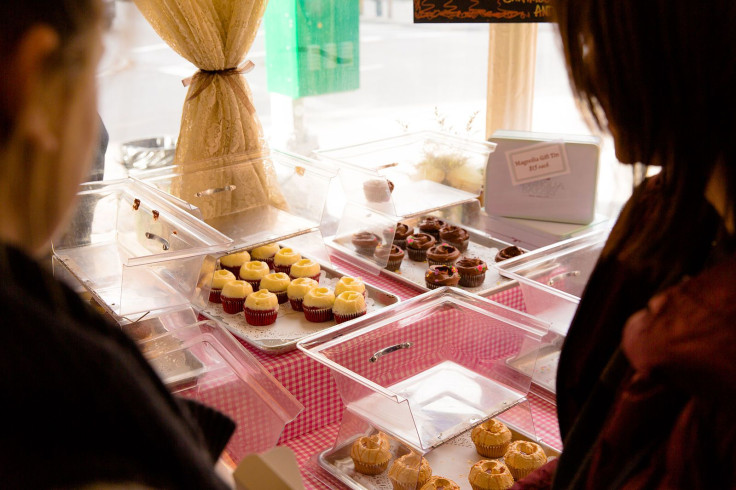Coronavirus New York Update: Magnolia Bakery First To Install Far-UVC Light Cleanse Portal
KEY POINTS
- Magnolia Bakery in New York will install far-UVC light cleanse portal to fight coronavirus
- The cleanse portal, apparently, resembles a courthouse magnetometer but only sleeker
- Far-UVC light is deemed safe for humans but effective in killing viruses and bacteria, experts said
New York's Magnolia Bakery, which is famous for its delicious banana pudding and cupcakes, will be the first business in the city to install a coronavirus cleanse portal featured with disease-destroying, futuristic-looking far-UVC lights.
In a press release, Monday, the bakery announced that the sanitizing lights will be present in its stores at West Village and Upper West Side. It will also be installed at its e-commerce facility in Harlem for its workers.
"We’ve instituted aggressive cleaning practices in all of the Magnolia Bakery locations that have remained open for takeout and delivery," Magnolia Bakery's chief baking officer Bobbie Lloyd said. "With this new technology, we’re able to do even more to ensure the safety of our staff and customers," he went on.
The company has partnered with Healthe’s Cleanse Series for the sanitation features.
"Healthe’s lights go above and beyond one-time disinfection, they continuously sanitize our locations while they’re in use, ensuring round-the-clock protection for our people," Lloyd said.
Once the lights are up and running, customers who visit the Magnolia Bakery outlets will be asked to step into the cleanse portal, described as similar to a courthouse magnetometer. Customers will have to be sanitized for 20 seconds under the 220 nanometers wavelength ultraviolet light.

Studies have shown that far-UVC light may effectively control the spread of microbial diseases caused by viruses and bacteria.
Dr. David Brenner, Columbia University's Center for Radiological Research radiation biophysics professor and director, said that far-UVC light is safe for humans. He and his team have been studying the effects of the ultraviolet rays on mice for eight months and found no concerning evidence that it may cause harm.
"On the surface of the skin, we have a layer of dead cells. It can’t penetrate that level of dead cells," Brenner told The Post.
Fred Maxik, the chief scientific officer of Healthe, also said that far-UVC is effective against airborne viruses but "skin safe, eye safe, human safe.”
However, Brenner reminded the public that this sanitation process is only an "add-on" to other safety precautions to be adopted, such as social distancing, wearing face masks, and handwashing.
© Copyright IBTimes 2024. All rights reserved.




















